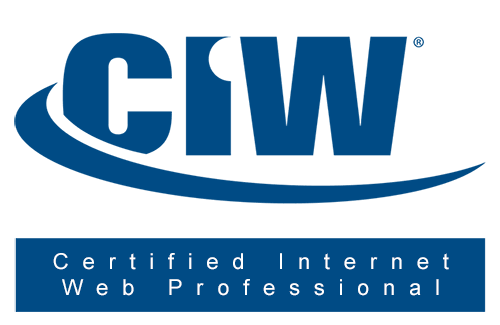 Have you considered having a website, but just the thought of creating one is daunting?
Have you considered having a website, but just the thought of creating one is daunting?
With the right guidance, you can do it!
The follow is a list is to assist you in taking the next step in establishing your online presence.
- Purpose: Clarify why you want a website and what you want it to achieve. Is it for personal blogging, showcasing your work, promoting your business or selling products? Refer to the article on “Top Six Reasons You Need a Website” for more information.
- Domain Name: Your domain name also referred to as your URL (Uniform Resource Locator) or web address should reflect your brand or purpose. I recommend keeping it simple, easy to remember, and relevant to the content that your website will contain.
- Website Builder or CMS Platform: There are many user-friendly website builder* options available including Wix, Squarespace, Shopify and WordPress.com (refer to the post “WordPress.com or WordPress.org?” ). Website builder’s usually do not require coding knowledge and offer hosting as a part of their packages. CMS (Content Management Systems) platforms such as WordPress.org, Joomla and Drupal are a few of the self-hosted options and based on the needs of your website could require coding knowledge. WordPress.org there are Premium Themes that you can purchase that have incorporated a user friendly interface to handle the coding behind the scenes. One that I highly recommend to my clients is Salient.
- Hosting: If you decide to use a CMS platform you will you will need to select a hosting service to store your website’s files and make them accessible on the internet. I usually recommend IONOS, Hostgator and BlueHost. It is important to research hosting providers to determine the best fit for you from the cost of plans offered by the hosting company to reading reviews from other users of their service.
- Design: Understanding basic design principles like layout, color theory, and typography are helpful when designing your website. You want your site to be balanced and pleasant to the eye. Both Website Builders and CMS platforms provide templates that come with at least basic options for colors and typography. However, Website builders the template selection can be limiting and in most cases you are unable to make any customizations outside of the selected theme, which can be further limiting. With CMS platforms you can purchase premium themes and/or hire a web developer to make custom changes. There is a lot more flexibility with self-hosted website verses a website builder when it comes to design.
- Content Creation: It does not matter how good your website looks if the content is not compelling, clear, engaging and relevant to your audience. What pages will make up your website and what content will be on each page? This question goes back to the first item in this list…you must have a clear purpose.
- Navigation: Designing a clear and intuitive navigation menu helps visitors to your site find their way around easily. Your content and the pages of your website will determine your navigation. I recommend keeping it simple and organized, the fewer the clicks the visitor has to make to find what they are looking for the better your engagement.
- SEO (Search Engine Optimization): Learn the basics of SEO! This applies whether your are using a website builder or a CMS platform. This will improve your website’s visibility on search engines such as Google and Bing. It is important to use relevant keywords, optimize meta tags, and create high quality content for your visitor.
- Responsiveness: Ensure that your website is mobile-friendly and displays correctly on various devices and screen sizes. Over the years responsiveness has become industry standard and most website builder templates and themes have responsiveness built in. Tip: A template or theme should indicate that it is responsive if it doesn’t I wouldn’t use it.
- Testing and Maintenance: Once you have a website it is important that you regularly test your website to ensure everything is working correctly. Check for broken links, page loading speed, compatibility with browsers, and devices. If your site is self-hosted you will need to ensure that it is running on the most recent release of your CMS platform, theme and other supporting apps. This is on-going for the life of your website.
By understanding these key concepts whether you are leaning toward using a website builder or a CMS platform, you can create a website that is functional and visually appealing without being a tech expert.
Fun Fact
As of 2024, WordPress.org is powering over 42% of the internets websites.
Schedule a FREE Consultation Contact Me Today!
*a tool that helps you create a website without having to know how to write code. It includes starter templates with drag-and-drop features. With the goal of being easy and quick to build a website.




